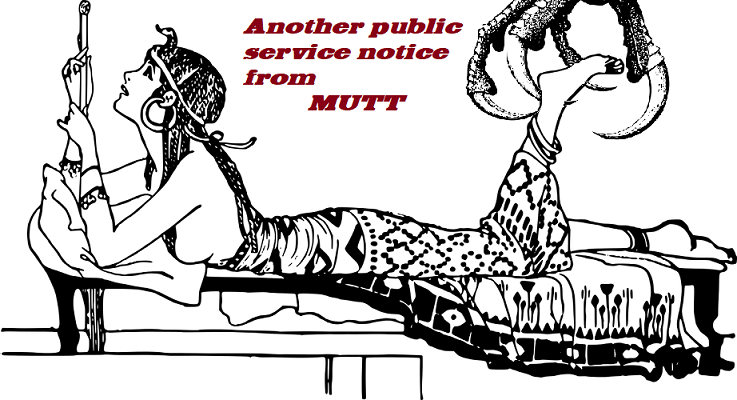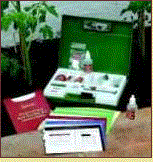Gain Better Gardening Soil By Correctly Adjusting pH Content
Developing a successful garden begins by understanding the importance of pH. Too many beginning gardeners ignore the changing conditions that affect pH values. Yet most all soil complications can be quickly corrected by the appropriate treatment with correctly composted humus. Why struggle with poor garden soil when the solutions are so readily available?
Purchase This Ariticle
450 words $13.50
[wp_cart:Article – Gain Better Gardening Soil By Correctly Adjusting pH Content:price:13.55:end]
Cultivation changes the state of the soil. Acidity is a continuous problem. No solution can provide an indefinite correction to acidity. Therefore your soil must be tested periodically for pH, even if it has previously tested “perfect.”
A Simple Definition of pH
Power of Hydrogen (pH) is a determination of the molar concentration of hydrogen ions in a given solution. The measurement is based upon acidity. Test kits come in various types. Some pH kits require that you mix a sampling of soil and water, input the test component, and then compare the readings to a color chart. Others, like a electronic meter, simplify the test. Merely insert a polished tip into wet soil, and then check the meter’s readout. For an accurate reading, be sure to take multiple tests from varying areas of your garden.
Fall is the best time for taking the readings. This is when pH is typically lowest. Coincide testing with your fertilizing plans. Fall readings are best for spring fertilizing sessions.
The goal is simple. Attempt to gain a pH measurement that falls between 6.0 and 7.5. A low pH reading indicates high acid content. A high pH reading indicates very alkaline soil. To best suit the needs of your garden plants, either of the low/high ranges must be adjusted to the proper pH levels.
Creating a Better Soil Environment
Caring for a garden demands a concern for details. Learn to balance the pH. Success is as simple as committing to put in the necessary work.
Raise the pH. Typical ingredients that work to raise an acid pH include:
- Bone meal, an organic fertilizer that is derived from cooked, ground, and packaged animal bones.
- Clamshells, oyster shells, pulverized eggshells
- Wood ashes, good for discouraging insects
- Lime.
Be careful to avoid hydrated lime, which can burn seeds or transplants. For soil with low calcium content, use calcitic lime. For soil that is deficient in magnesium, use dolomitic lime.
Neutralize alkaline soil. Applying any of the following ingredients can reduce alkaline content:
- Cottonseed meal
- Leaf mold
- Peat moss
- Pine needles
- Sawdust
- Wood chips.
Note that salty soil may increase in alkaline content. Look for this during times of low rainfall. Regular watering helps flush the soil and wash away salt accumulation. Compost, leaf mold, and elemental sulfur can also easy salt related alkaline issues.












